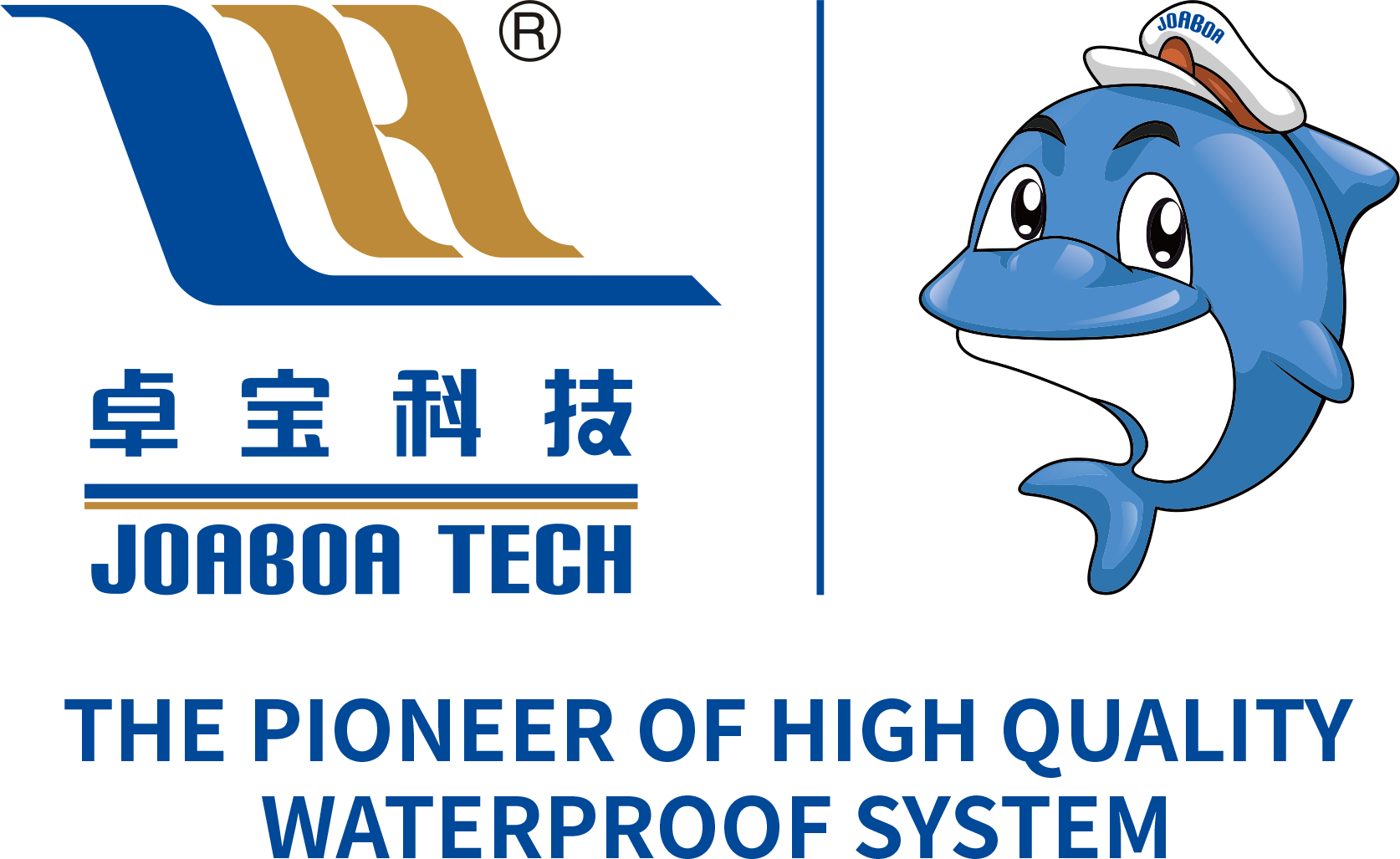Exploring SBS Bituminous Waterproofing Membrane: A Comprehensive Guide for Professionals
2025-07-18 11:00
SBS (Styrene-Butadiene-Styrene) bituminous waterproofing membranes are a crucial component in modern waterproofing solutions, particularly in construction and civil engineering. These membranes are composed of a polymer-modified bitumen compound, which offers superior flexibility and durability compared to traditional bituminous membranes. As a professional in the chemical industry focusing on paints and waterproofing coatings, understanding the properties and applications of these membranes can significantly enhance project outcomes.
One of the most notable advantages of SBS bituminous waterproofing membranes is their excellent resistance to extreme temperatures. They remain flexible in cold weather and can withstand high temperatures without losing their integrity. This temperature resilience makes them suitable for various climates, ensuring long-term performance in diverse environmental conditions.
The application processes for SBS bituminous membranes are relatively straightforward, making them a preferred choice among contractors. These membranes can be applied using several methods, including torching, self-adhesive, and cold adhesive applications. This versatility ensures that professionals can select the most appropriate technique based on specific project requirements and site conditions.
In addition to their application flexibility, SBS bituminous waterproofing membranes offer exceptional waterproofing capabilities. They create a seamless barrier that effectively prevents water ingress, thereby protecting structural elements from moisture damage. This characteristic is particularly vital in areas prone to heavy rainfall or flooding, where the integrity of a building can be severely compromised by water exposure.
Furthermore, the chemical resistance of SBS membranes adds to their appeal. They can withstand exposure to various chemicals and pollutants, making them ideal for industrial applications where environmental contaminants may pose a risk. This feature enhances the longevity of the waterproofing solution, reducing the need for frequent replacements and maintenance.
Another important aspect to consider is the compatibility of SBS bituminous membranes with different substrates. They can be applied to concrete, wood, metal, and various other materials, making them a versatile choice for numerous projects. This adaptability allows professionals to utilize SBS membranes in a wide range of applications, from roofing systems to below-grade waterproofing.
In conclusion, SBS bituminous waterproofing membranes stand out as a reliable solution within the chemical industry, particularly for those specializing in waterproofing coatings. Their characteristics—such as temperature resilience, ease of application, excellent waterproofing performance, chemical resistance, and substrate compatibility—make them an invaluable choice for professionals seeking to enhance their project outcomes. Understanding these features will enable you to make informed decisions in your waterproofing endeavors, ensuring durability and effectiveness in your applications.
One of the most notable advantages of SBS bituminous waterproofing membranes is their excellent resistance to extreme temperatures. They remain flexible in cold weather and can withstand high temperatures without losing their integrity. This temperature resilience makes them suitable for various climates, ensuring long-term performance in diverse environmental conditions.
The application processes for SBS bituminous membranes are relatively straightforward, making them a preferred choice among contractors. These membranes can be applied using several methods, including torching, self-adhesive, and cold adhesive applications. This versatility ensures that professionals can select the most appropriate technique based on specific project requirements and site conditions.
In addition to their application flexibility, SBS bituminous waterproofing membranes offer exceptional waterproofing capabilities. They create a seamless barrier that effectively prevents water ingress, thereby protecting structural elements from moisture damage. This characteristic is particularly vital in areas prone to heavy rainfall or flooding, where the integrity of a building can be severely compromised by water exposure.
Furthermore, the chemical resistance of SBS membranes adds to their appeal. They can withstand exposure to various chemicals and pollutants, making them ideal for industrial applications where environmental contaminants may pose a risk. This feature enhances the longevity of the waterproofing solution, reducing the need for frequent replacements and maintenance.
Another important aspect to consider is the compatibility of SBS bituminous membranes with different substrates. They can be applied to concrete, wood, metal, and various other materials, making them a versatile choice for numerous projects. This adaptability allows professionals to utilize SBS membranes in a wide range of applications, from roofing systems to below-grade waterproofing.
In conclusion, SBS bituminous waterproofing membranes stand out as a reliable solution within the chemical industry, particularly for those specializing in waterproofing coatings. Their characteristics—such as temperature resilience, ease of application, excellent waterproofing performance, chemical resistance, and substrate compatibility—make them an invaluable choice for professionals seeking to enhance their project outcomes. Understanding these features will enable you to make informed decisions in your waterproofing endeavors, ensuring durability and effectiveness in your applications.
Related News









